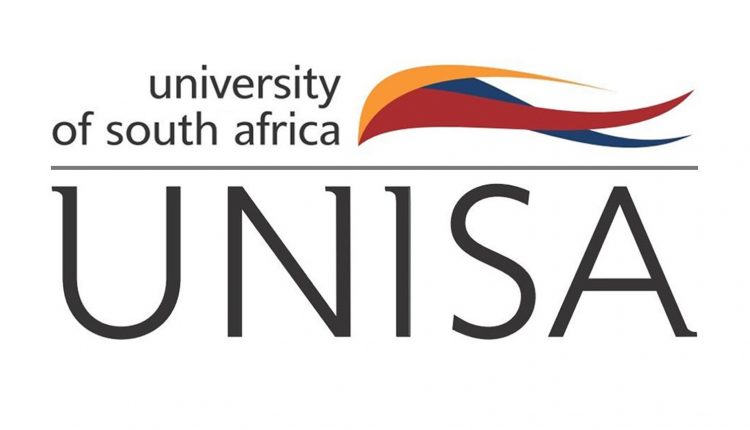University of South Africa: Unisa’s digital access centres given a clean bill of health
This audit was aimed at ensuring that privately owned and operated digital access centres adhere to occupational health and safety and connectivity standards, as well as ensuring accessibility for students. DACs is a unit within the Directorate: Instructional Support and Services (DISS) and is responsible for establishing collaborative agreements with such throughout the country. These centres are privately owned facilities situated in various provinces across South Africa, which are equipped with computers connected to the internet, as well as printers, photocopiers, scanners and telephones. The purpose of this Unisa initiative is to provide access and support to rural and remote students by providing them with free access to the internet and computer facilities for academic purposes, and ensuring effective and efficient service. DACs have onsite administrators to assist students.
From left: Gedeon Masemola, Unisa DAC Coordinator, Lumka Qina, Unisa Student, and Lusanda Twetwa, manager of the Kwahlwa-Kwasa Multimedia Centre
Following these visits, the directorate arranged a capacity-building workshop for the centre managers and administrators on Microsoft Teams. The purpose of the workshop was to update and reinforce Unisa’s comprehensive open distance and eLearning (CODeL) direction and to equip them with relevant information so that they can support Unisa students adequately and share their experiences when assisting students. The workshop included Technology-Enhanced Learning Coordinators (TELCs) and Digital Learning Advisors (DLAs) from various regions, who made valuable contributions in empowering the centres.
Gedeon Masemola is tasked with the responsibility of coordinating the centres nationally and he indicated that the workshop strengthened the links and relationships between the centres and Unisa. In her welcome address, the Acting Director at DISS, Dr Phumza Makgato-Khunou, stated: “We are glad that these entrepreneurs came to our rescue, and we expect our collaborations to be at the prestige level given the stature of our university.” She added that the collaborations are multipronged, as they contribute positively to improving the socioeconomic conditions of the students, the owners of the centres and the communities in which these centres are located This initiative also builds on the university’s endeavours to support townships and rural economies.
Siphiwe Blose, who is responsible for DACs administration in Soweto, asked: “Does the university provide students with a crash course or training manuals prior to referring them to centres? Many times, students come to centres not having basic computer skills to navigate through various online platforms of the university – wanting assistance more than one would have expected.”
Donald Sikhosana, a DLA, responded to this question: “Yes, in the past, Polokwane used to arrange visits to centres and invite students for orientations. This initiative will be discussed with my counterparts to try to revive it and ensure we conduct continuous workshops covering a variety of services.”

